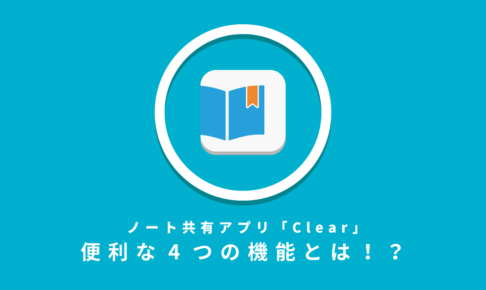✨ ベストアンサー ✨
【再回答】
Ⅰ ご自分の辞書で確認してください。
Ⅱ
1.
① ハ to ※according to … …によると
② イ from ※suffer from … …に苦しむ、…に悩まされる
③ ニ and ※between A and B AとBの間
④ ロ damage ※similar damage 同様の損傷:前文にsignificant damage(重大な損傷)がある
2.
[A] 日本の内閣府が実施した2013年の調査によると、高校生の97.2%が携帯電話を所有していた。この内、82.8%がスマートフォンを持っていた。
[B] 1日4時間以上画面を見ている若者は、特に精神障害にかかりやすい。
3. (a) development (b) anxious (c) suggestion (d) lose
4.
イ ← 第2段落6~7行目
ウ ← 第4段落1~2行目
参考にしてください。


















